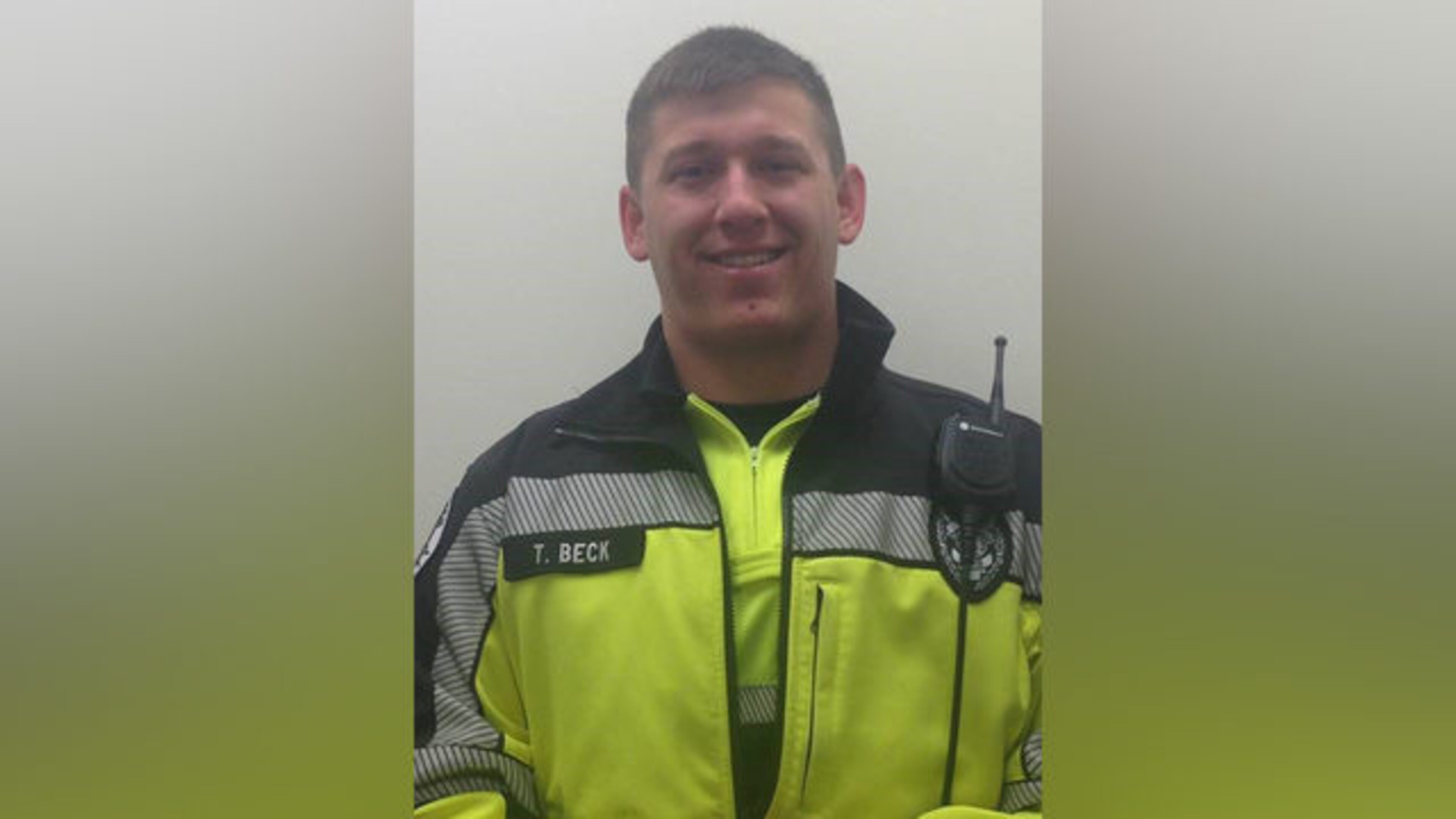Tech officer who shot, killed student won’t face charges

Fulton County District Attorney Paul Howard has decided not to bring criminal charges against a Georgia Tech police officer who shot and killed a student armed only with a multi-tool.
The September 2017 shooting of Scout Schultz, 21, drew widespread protests on Tech’s campus after video of the incident circulated online. Tyler Beck, 23 at the time, was one of four officers dispatched to a parking deck on the west side of campus, where Schultz was waiting, dressed as the suspicious person Schultz had described to 911.
“Though it is difficult to make exact psychological conclusions in such matters, all of the available evidence indicates Schultz decided to take his own life by provoking police officers to shoot him,” Howard said in a statement.
Two use-of-force experts contracted by the DA’s office concluded the shooting was justified, Howard said.
Attorney Chris Stewart, who represents Schultz’s parents, said the “suicide by cop” defense doesn’t justify the shooting.
“There’s no such thing,” Stewart said. “It’s disappointing to see the DA perpetuate this myth.”
RELATED:
Family of Georgia Tech student killed by police files lawsuit
New video of Georgia Tech shooting surfaces
Georgia Tech student called 911 before shooting, GBI says
Schultz did leave behind three suicide notes, according to the GBI’s investigation of the shooting. And Schultz’s mother told The Atlanta Journal-Constitution that Schultz had attempted suicide two years earlier and had battled nearly lifelong depression.
“How come the other officers didn’t shoot?” Stewart said.
Attorney Noah Pines, who represents Beck, declined comment. In a statement provided to the AJC last year, Pines and co-counsel Jeff Brickman said, "All evidence shows that Tyler's actions were legally justified and he is therefore immune from prosecution under Georgia law.”

In the video capturing the incident, Schultz can be heard daring police to fire their weapons. Schultz also ignored officers' commands to stand in place, moving slowly toward the four officers who surrounded the leader of the university’s pride alliance.
But even then, Beck’s three colleagues adhered to de-escalation techniques, engaging Schultz in conversation as they slowly backed away. (Schultz identified as neither male nor female.)
Beck stood his ground, shooting a single bullet into Schultz's chest. Howard, in his statement, said Schultz held the multi-tool “menacingly in his right hand.”
“Based upon the clothing he was wearing at the time, it was also highly possible he had a gun,” Howard said.
Beck was the only officer on the scene who had not completed crisis intervention training, designed to help law enforcement recognize signs of behavioral problems caused by mental illness or substance abuse.
The lack of such training forms the basis of a wrongful death lawsuit filed last year by Schultz’s parents against Georgia Tech, the state Board of Regents and Beck, who remains on the campus police force.
Schultz’s death led to a variety of reforms. The university's LGBTQIA Resource Center (lesbian, gay, bisexual, transgender, queer, intersex and asexual) was expanded and more money was earmarked for mental health and wellness initiatives. Tasers are now carried by all Tech officers, and crisis intervention training has become standard practice.



